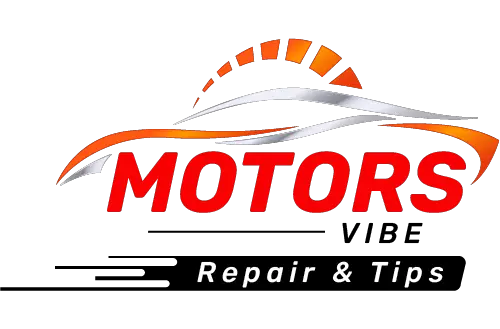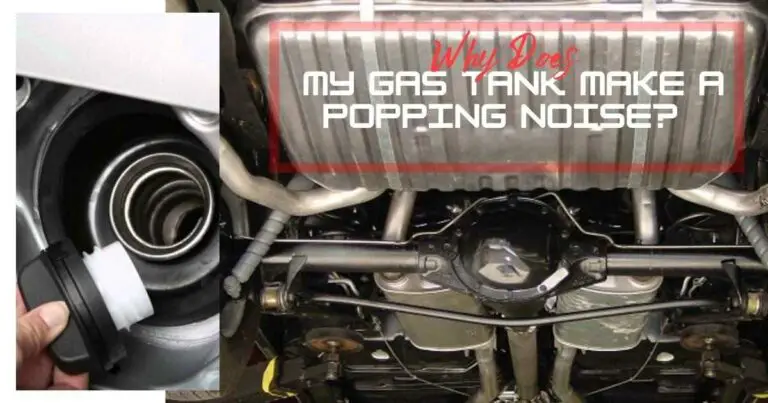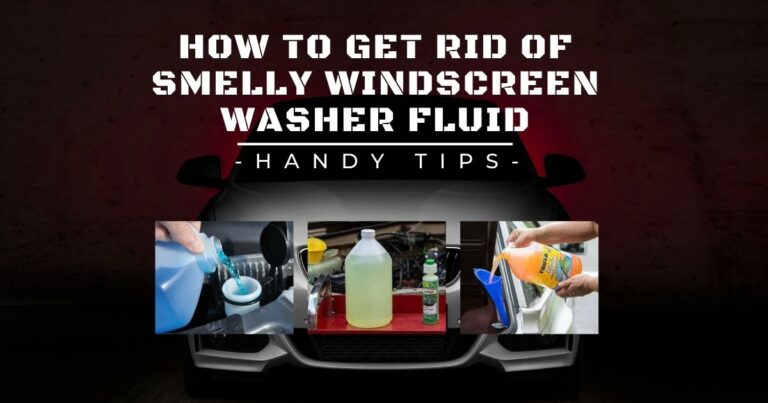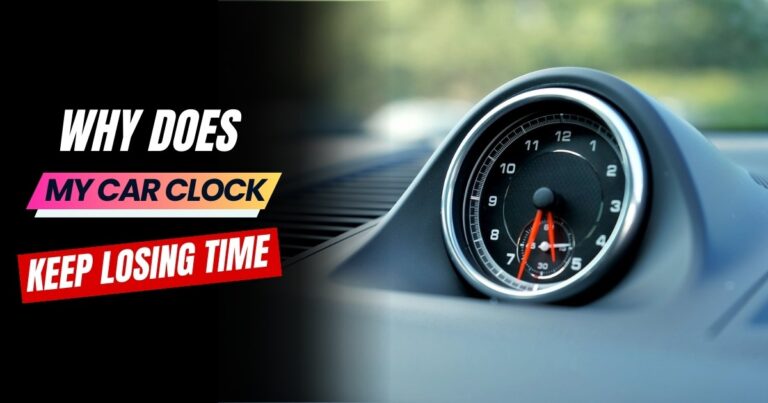Why is the Windshield Making Popping Noise? Facts You Need to Know
The windshield of a vehicle serves as a protective barrier, shielding passengers from external elements while providing clear visibility on the road. However, in some instances, drivers may encounter an unexpected and concerning issue—popping noises coming from their windshield. These noises can range from faint cracks to distinct popping sounds. This can be a cause for alarm and raise questions about their origin and possible consequences.
Understanding why windshields make popping noises is essential for drivers to address the issue promptly and ensure their safety on the road. In this guide, we will explore the common causes behind these noises, discuss potential risks, and provide insights into effective solutions to resolve the problem. Read on!

Reasons Why the Windshield is Making Popping Noise
Imagine cruising down the open road, enjoying the freedom of the wind in your hair, when suddenly, your tranquil drive is interrupted by an unsettling popping noise emanating from your windshield. Now, what could be causing this perplexing and disturbing occurrence? Well, there can be several reasons why windshields make popping noises. Let’s explore some of the common causes;
Temperature Changes
One of the primary culprits behind popping noises in windshields is sudden temperature fluctuations. Ideally, temperature changes can affect the windshield’s integrity and cause popping noises due to a phenomenon known as thermal stress.
When the temperature fluctuates rapidly, the glass expands or contracts at different rates than the surrounding components, such as the metal frame or the adhesive holding the windshield in place. These expansions and contractions can create stress within the glass, especially if the temperature change is sudden or extreme. As a result, this stress can lead to small cracks or chips in the windshield.
These cracks may not be immediately visible to the naked eye but can be present in the form of microscopic fissures. When the cracks expand or contract further in response to temperature changes, they can produce popping noises as the glass structure adjusts.
Furthermore, if the windshield has existing damage, such as chips or cracks, temperature changes can exacerbate the stress on these weak points. As the glass expands or contracts, the stress concentrates on these areas, causing them to propagate further and generate popping or cracking noise.
Manufacturing Defects
Sometimes, popping noises can be attributed to manufacturing defects in the windshield. For instance, if there are any errors or flaws during the windshield’s production process, it can result in structural weaknesses that may lead to popping sounds.
In addition, poorly cured adhesives or an uneven distribution of tension during manufacturing can create areas of vulnerability in the windshield. Over time, these weak spots can cause the glass to flex or shift, producing popping noises as the vehicle encounters air pressure or road vibrations.
Installation Issues
Improper installation can also contribute to a new windshield making cracking noises. If the windshield is not fitted correctly or the adhesive used during installation is inadequate, it can cause gaps between the glass and the frame. As a result, the windshield may flex or vibrate, producing popping sounds when subjected to air pressure or road vibrations.
As the vehicle encounters air pressure, road vibrations, or changes in speed, the improperly installed windshield may flex or shift slightly. This movement can cause the glass to make contact with the frame or other components, generating popping noises.
Additionally, inadequate or incorrect use of adhesive during installation can contribute to popping noises. If the adhesive does not bond properly or lacks sufficient strength, it can result in gaps or instability within the windshield structure. This can cause the glass to vibrate or move, leading to popping sounds when subjected to external forces.
Structural Damage
Damage to the windshield, such as chips, cracks, or previous repairs, can weaken its structure. As a result, the windshield may be more susceptible to flexing, shifting, or vibrating during vehicle movement, which can produce popping sounds.
Additionally, if you’re driving over bumps, potholes, or rough road conditions, the damaged windshield may experience additional stress or pressure. This can cause the weakened areas to shift or expand slightly, resulting in popping noises as the glass adjusts to the applied force.
Exterior Factors
External factors, such as flying debris, hailstones, and collisions, can also contribute to the windshield making cracking noise when driving. Generally, the impact or damage from these external elements weakens the windshield’s structure, leading to cracks, chips, or deformations. When the damaged windshield experiences stress or vibrations during driving, it is bound to produce popping sounds.
Age and Wear
Over time, windshields can experience natural wear and tear due to exposure to various elements and environmental factors. The aging process often leads to the deterioration of the windshield’s structural integrity.
And as the windshield ages, it becomes more prone to developing stress points, cracks, or minor imperfections. These weakened areas can produce popping noises when the windshield is subjected to external forces or temperature changes. In addition, excessive wear can make the glass more susceptible to flexing, shifting, or vibrating, resulting in popping sounds.
Troubleshooting Tips for Windshield Popping Noise
When you hear mysterious popping noises coming from your windshield, it’s essential to troubleshoot and address the issue promptly. In this section, we provide you with valuable troubleshooting tips to help you regain the tranquility of a quiet and smooth ride;
- Inspect for visible damage- Carefully examine your windshield for any visible cracks, chips, or areas of damage. If you spot any, they may be contributing to the popping noise. Take note of their location and size for further evaluation.
- Proper installation- To prevent popping noises caused by improper installation, it is crucial to have windshields installed by trained professionals following the manufacturer’s recommended procedures. Proper installation ensures a secure fit while minimizing the chances of gaps, vibrations, and subsequent popping noises.
- Check for loose components- Loose or improperly installed components can create vibrations and generate popping sounds. As such, ensure that all components associated with the windshield, such as the wiper blades, trim, or molding, are fastened securely.
- Monitor temperature changes- Pay attention to whether the popping noise occurs primarily during temperature fluctuations. To prevent temperature changes from causing your windshield to make popping noises ensure to park in shaded areas or use sunshades to avoid sudden temperature shifts. You may also need to gradually adjust the temperature inside your vehicle to minimize rapid changes.
- Consider driving conditions- Take note of the specific driving conditions when the popping noises occur. Do they happen primarily on bumpy roads, at high speeds, or during abrupt stops? Understanding the circumstances can provide clues about the root cause of the problem and allow you to take the necessary action.
- Address repairs or replacements as soon as possible- Depending on the nature and severity of the issue, repairs or windshield replacement may be necessary. Small chips or cracks can often be repaired, but more extensive damage or structural issues may require windshield replacement.
Read Also: How to Make Mazda 3 Faster –Simple Steps
The Bottom Line
Experiencing popping noise from your windshield can be frustrating, but addressing it early enough can help mitigate the issue. Resolving and preventing popping noises in your windshield often requires a proactive approach and attention to detail. Remember, when in doubt, consulting a professional is always the best course of action to ensure the proper diagnosis and resolution of the issue.






